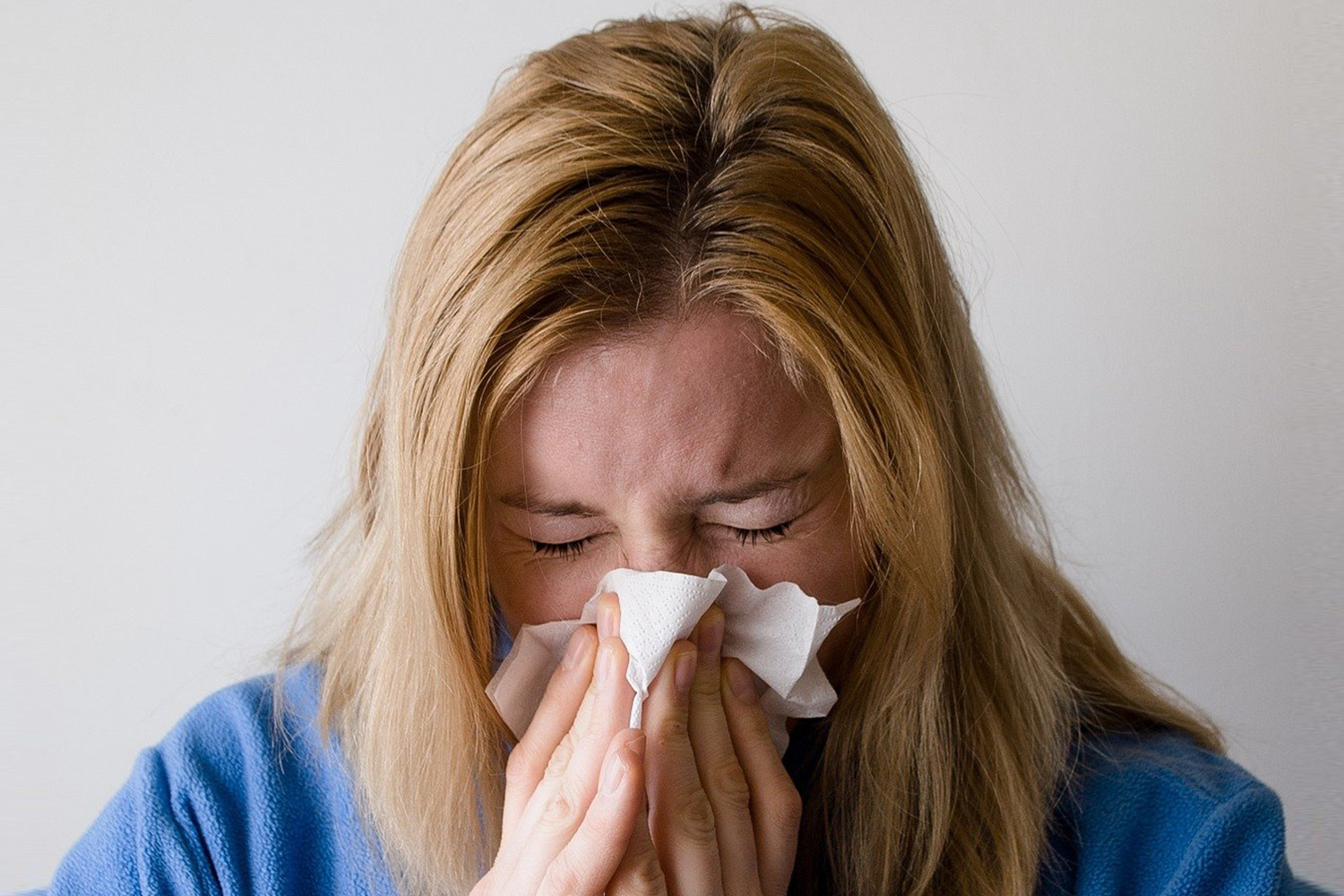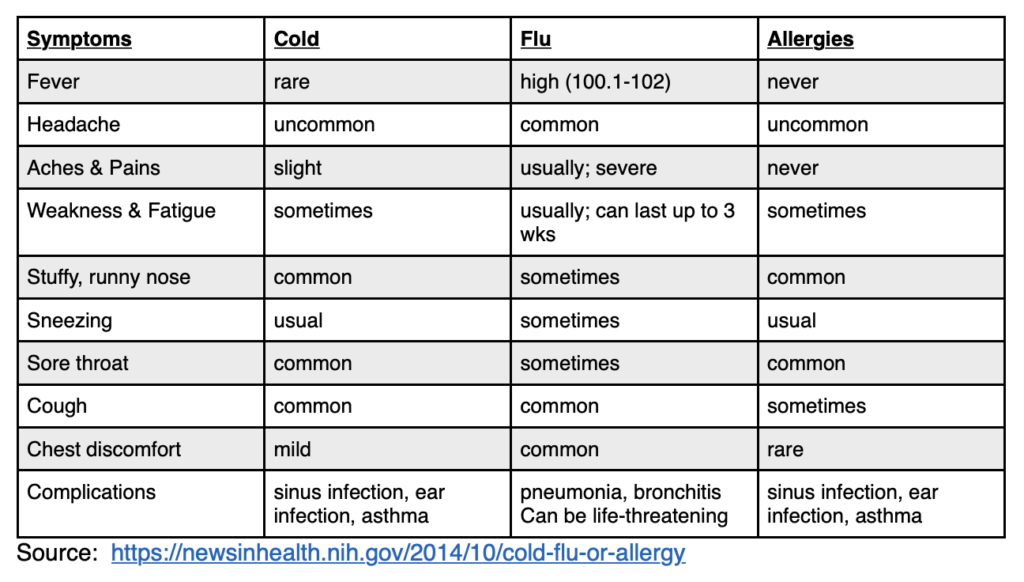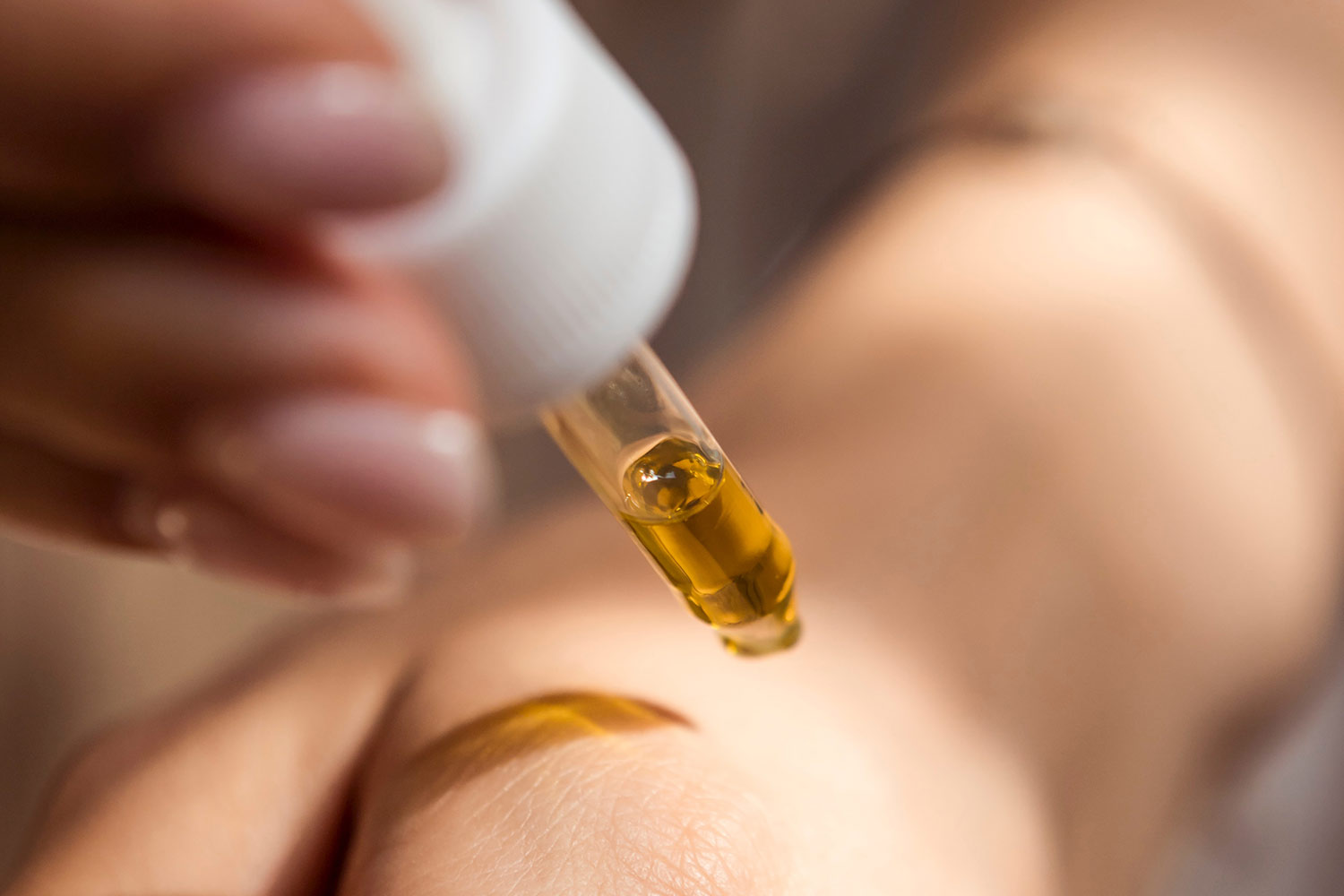Barriers to Dermatology Appointments
Dermatology providers treat a wide range of skin hair and nail conditions, quickly and effectively. But many prospective patients are hesitant to book appointments with a dermatologist. Why is that?
First, new patients may wait 2-3 months for an appointment with a dermatology provider. Unfortunately there is a nationwide shortage of dermatologists. Moreover, most dermatologists practice in large cities, making the shortage even more pronounced to those living outside of a major metropolitan area.
Secondly, we’ve been marketed to that our skin hair and nail problems can be cured with over the counter creams and lotions. Though some conditions may improve with daily care, most skin diseases need an expert treatment plan and prescription medication.
Lastly, insurance coverage for specialists can be hit-or-miss. Specialists, like dermatologists, may have higher copays or may not be in network with an insurance provider, further limiting access and increasing cost.
With all of these hurdles, why should a patient book a dermatology appointment? At Tennessee TeleDerm, we treat patients anywhere in Tennessee as long as they have a mobile device and internet service. We have openings same week and often same day, because telehealth allows for more flexibility. Finally, we are in network with many commercial payers and Medicare, but we also offer a competitive self pay options.
Reasons to Book a Dermatology Appointment
Acne (acne vulgaris). Acne is the most common reason for visit to a dermatology office in the world. Acne causes several types of blemishes on the skin. Blemishes include whiteheads, blackheads, papules and deep cysts or nodules. These blemishes form because of hormone shifts that cause inflammation in the skin. Oil glands in the skin produce too much of a substance called sebum. It clogs pores. Non-pathologic bacteria can also be the cause. Acne is common among teenagers, but you can get it at any age. Acne lesions usually appear on the face, neck, back, chest and shoulders. Acne isn’t life threatening, but it can be upsetting. Without proper treatment, it can also leave discoloration and permanent scars. Treatment includes prescription creams and gels, oral medications, chemical peels, and laser therapy.
Eczema. Eczema is the umbrella term for several chronic skin conditions that cause swelling and inflammation of the skin. Skin can look red, swollen, dry, and scaly. Eczema is often distressing because it is very uncomfortable from the itching, stinging, and burning of the skin. The most common form of eczema is atopic dermatitis. Atopic dermatitis begins in childhood, causing rashes, itching, trouble sleeping, skin infections, and self esteem problems. Treatments include topical and systemic medications as well as lifestyle adjustments.
Psoriasis. Psoriasis stems from a problems with the immune system. The overactive immune system causes inflammation in the skin and sometimes the joints. This causes skin cells to form too quickly. They pile up on the surface of the skin. These patches are called plaques. They can be thick and red and have silvery scales. They can be itchy or painful. They usually appear on the elbows, knees, legs, face and scalp. Sometimes they’re on palms and soles of feet. They can show up on the fingernails, genitals or inside the mouth, but this is less common. Dermatologists can diagnose psoriasis by looking at a skin sample under a microscope. Psoriasis is a chronic condition. Creams can help soothe the skin and help it heal. Treatment also may include oral medication to suppress the overactive immune system.
Hair Loss. Hair loss can occur for a myriad of reasons. Most people shed about 100 hairs per day. Aging, genetics, pregnancy, stress, and a variety of health issues can lead to hair loss. A dermatology provider will assess your hair loss situation and provide a treatment plan that may include oral medications, topical medications or injections.
Rosacea. Rosacea is a chronic skin condition that can also affect the eyes. People with rosacea may look flushed. Redness usually appears on the nose, cheeks and chin. It might extend to the ears and chest, too. Sometimes, skin bumps and swelling occur. In severe cases, the skin gets thicker. Women and people with light skin have a higher risk of developing rosacea. Doctors aren’t sure what causes rosacea. It may occur when blood vessels expand too quickly. This could be because of heat, exercise, sunlight, wind, cold, spicy foods, alcohol or stress. These factors also may make symptoms worse. There’s no cure for rosacea. However, medication, laser therapy and lifestyle changes can help control symptoms.
Poison Ivy/ Poison Oak and Rashes. Rashes come in all shapes and sizes with varying symptoms and causes. A dermatology professional can assess the cause of the rash, and give specific treatment and guidance.
Skin infections. Skin or nail infections are caused by either fungus, viruses, yeast or bacteria. infections left untreated can lead to itchy , inflamed skin like athlete’s foot. Viruses can cause warts and herpes. Bacterial infections of the skin can become deadly if not treated with antibiotics. A dermatologist can diagnose the source of the infection and determine how best to treat it.Nail problems
Signs of aging. Aging is a normal and predictable process. Yet skin can age prematurely due to excessive sun exposure. Excess sun exposure can lead to texture and pigment changes as well as skin cancers. Addressing signs of aging improves skin health as much as it improves skin’s appearance.
Can Tennessee TeleDerm Help?
At Tennessee TeleDerm, we are experts in Dermatology care! From acne to rashes, patients in Tennessee can count on convenient, high quality care when they book with Tennessee TeleDerm. Schedule your telehealth appointment today!








